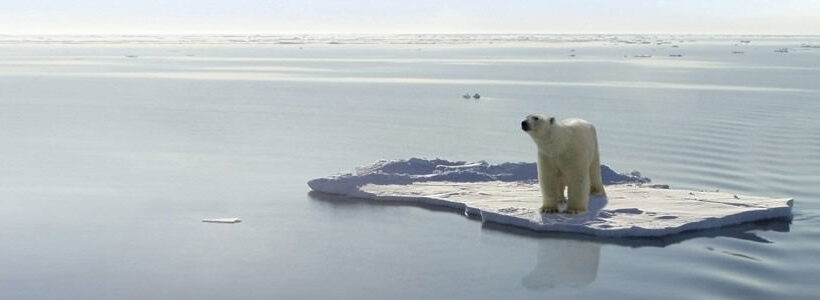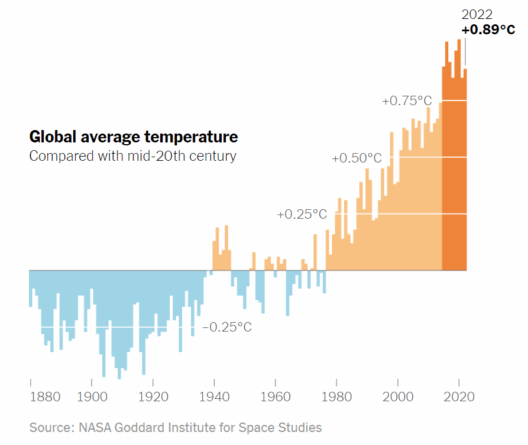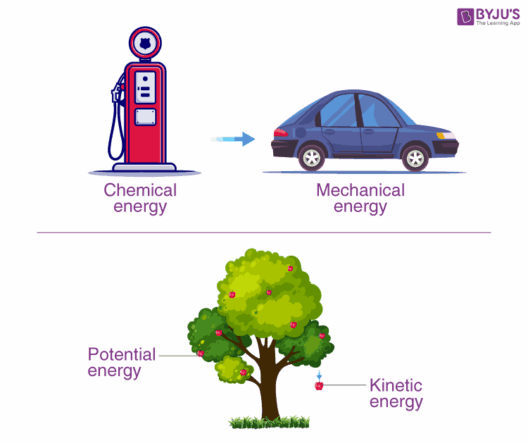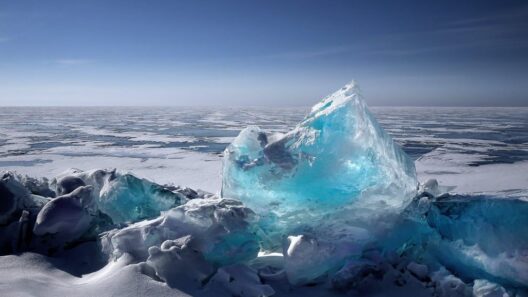Climate change is a term that often evokes heated debates, but how many of us stop to ponder its more unusual ramifications? One particularly intriguing inquiry has emerged in recent years: does global warming change Earth’s rotation? This question may seem whimsical at first, yet it unveils the intricate relationship between our planet’s climatic alterations and its geophysical properties.
Before delving into this scientific enigma, it’s essential to understand the foundational aspects of Earth’s rotation. The planet spins on its axis, completing a full rotation approximately every 24 hours. This phenomenon is instrumental in creating the cycle of day and night. However, the rotation is not a fixed attribute; it can be influenced by various factors, including gravitational forces, mass distribution, and even climatic changes.
The curious interplay between mass and rotation is rooted in the principles of physics. According to the conservation of angular momentum, if the mass distribution of a rotating system shifts, its angular velocity can adjust. Consider an ice skater pulling in their arms to spin faster. This principle is analogous to what occurs on Earth; when glaciers melt and redistribute water, the mass associated with the planet’s rotation alters, possibly affecting its spin.
One can argue that as polar ice caps diminish due to escalating global temperatures, vast quantities of water are displaced and relocated. This redistribution of mass is not trivial. Data suggests that when the ice sheets of Greenland and Antarctica lose ice, the melting results in a slight reduction of mass in those regions, which could theoretically cause the Earth to rotate more quickly. The phenomenon is known as “polar wander.”
However, the effects of global warming on Earth’s rotation are not solely a matter of increased speed. Various studies have shown that the melting ice caps can not only speed up the rotation but also shift it slightly. This shift, though marginal, can influence the location of the geographic poles, altering the relationship between different geographic features and their respective longitudes and latitudes.
This change in rotation is minuscule; it is not something that would cause noticeable day-night cycle alterations. For instance, the fluctuation on the scale of milliseconds is negligible from a human standpoint, but in the realm of geophysics, even the slightest alteration can have substantial implications. These shifts could potentially affect seasonal weather patterns, ocean currents, and even biodiversity.
Conversely, let’s examine another facet of this discussion: the feedback mechanisms inherent in climate change. The warming of the planet leads to more extreme weather events, rising sea levels, and alterations in atmospheric pressure. Each of these factors can indirectly influence how the Earth rotates. High-pressure systems, for instance, can exert gravitational forces that may lead to slight modifications in the planet’s axial tilt.
Skeptics might assert that global warming’s impact on Earth’s rotation is overstated. Indeed, one could dismiss the theory as an eccentricity of scientific conjecture. However, it is crucial to recognize the relevance of examining such correlations. Understanding the intricate links between climate and geophysical phenomena can yield insights beyond mere academic interest. It raises valid queries about our planet’s health and future, steering us toward more informed environmental policies.
Moreover, there are broader consequences for ecosystems and human societies presented by changes in Earth’s rotational patterns. If melting ice leads to the redistribution of mass sufficient to influence tidal forces, coastal regions may experience alterations in their tidal ranges. This can complicate ecosystems dependent upon stable tidal conditions, further endangering marine life.
In light of these potential ramifications, one must ponder the underlying question: should we examine global warming’s consequences merely through the lens of rising temperatures and extreme weather patterns? Or is there a broader spectrum to consider—one that encapsulates the shift in our planet’s fundamental characteristics?
The interplay of climate change and Earth’s rotation may serve as a reminder of our planet’s interconnected systems. Each element—air, water, earth, and life—exists in an intricate balance. Alterations in one facet can manifest profound repercussions in others. As global warming continues to be a pressing concern, understanding these interrelationships becomes critical.
In conclusion, while global warming may not dramatically change Earth’s rotation on a time scale perceptible to the average person, it undeniably has the potential to trigger a series of complex changes in geophysical phenomena. The melting of polar ice and consequential mass relocation highlight the delicate dance between climate dynamics and the planet’s rotational properties. Thus, while the question might evoke some initial amusement, it is crucial to explore its implications seriously.
Ultimately, every individual plays a role in mitigating climate change, reinforcing the importance of such inquiries. Whether by reducing personal carbon footprints, advocating for renewable energy, or engaging in dialogues about climate science, the collective efforts can steer humanity towards a more sustainable future. Understanding the far-reaching ramifications of climate change, even in seemingly odd areas like Earth’s rotation, is vital for cultivating a responsible approach to environmental stewardship.








